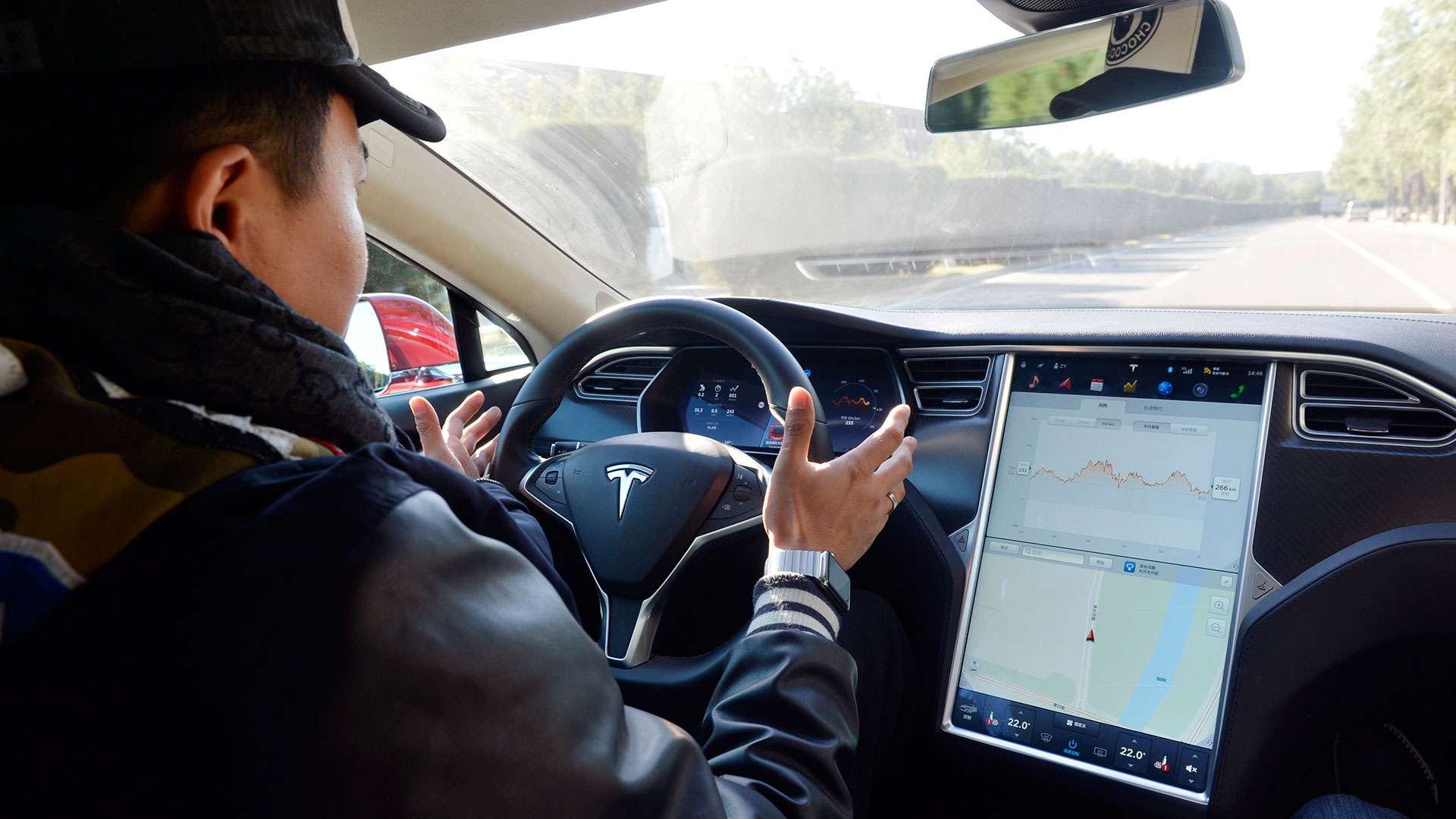

Tesla Motors announced Friday that it started delayed deployment of a new function for its Autopilot automated driver assist suite called “Navigate on Autopilot,” which features a Mad Max setting buried within its menus.
For owners of Tesla vehicles equipped with Enhanced Autopilot, the Navigate on Autopilot function can now guide the car and its passengers from a highway’s on-ramp to its off-ramp, handling everything in between—with supervision; Autopilot isn’t an autonomous system. This includes everything from acceleration and braking with traffic to advising lane changes and traversing interchanges. On some routes, Autopilot can now take the car almost the entire length of the trip before handing manual control back to the driver.
Along the way, the car may recommend lane changes where appropriate, which the driver can either approve with a flick of the turn signal stalk or veto with inaction. The car will request to change lanes for one of two reasons, the main being to keep itself en route to its destination, and the secondary being to do so more quickly when stuck behind a slow driver.
For the latter, the system will ask about changing lanes if vehicle speed is far enough below the target speed to warrant passing the car ahead. This threshold can either be deactivated or set by the driver to one of three settings: Mild, Medium, and Mad Max. On Mild, the car will recommend a lane change only if traveling significantly slower than the driver intends to go, while Medium raises that bar some, and Mad Max will ask about moving over if the car is doing even a hair below the driver’s requested speed. Max Rockatansky would be proud.
Tesla CEO Elon Musk is known for his cheeky insertions of pop culture references into his products, making the updated Autopilot system no different from the rest of Musk’s creations. From 1987’s Spaceballs alone comes a pair of prominent examples, including Musk’s “not-a-flamethrower” flamethrower sold by The Boring Company, and Tesla’s infamous Ludicrous mode.
Tesla may be able to earn fresh negative press for its controversial operations on a weekly basis, but you’ve got to hand it to their advertising department: They know how to make the public (temporarily) forget the bad with a clever gimmick.